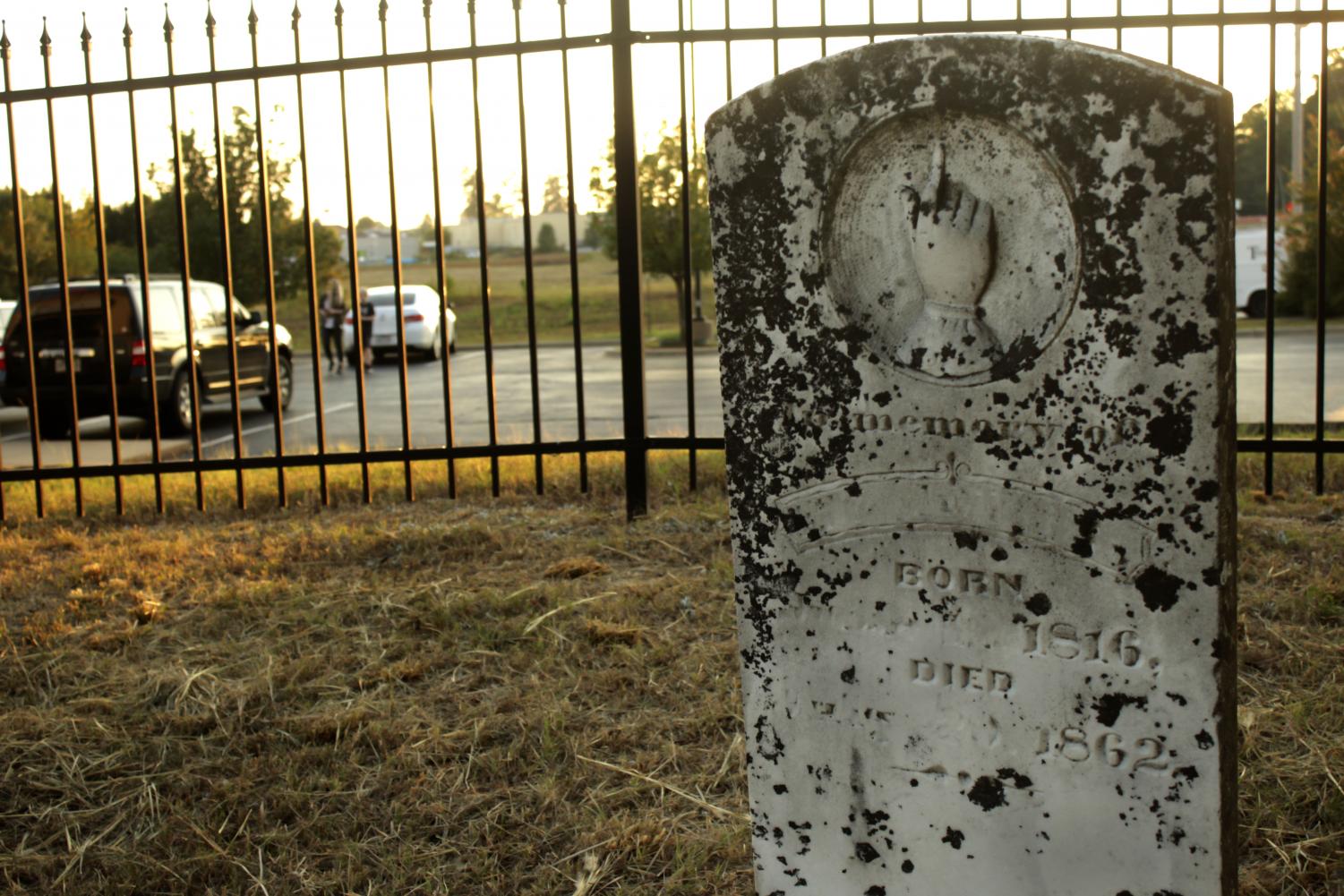Reaching Out
December 18, 2019
This copy originally appeared in the October 23, 2019 print edition.
With September being National Suicide Prevention Month, social media was booming with people sharing their stories and experiences dealing with mental health. Mental Health conditions can affect anyone, but have been found to have a staggering impact on children and teenagers.
According to the National Center for Children in Poverty, “approximately 20 percent of adolescents have a diagnosable mental health disorder,” and suicide is the third leading cause of death in adolescents. With full schedules and copious amounts of homework, school-related stress is a major factor in adolescent mental health.
Participating in challenging courses and extracurricular activities result in high levels of stress and little free time for students. Sophomore Olivia Graham is one of the many students who have taken on more challenging courses and is also involved in a school sport.
“[Due to the harder classes], I don’t get to hang out with my friends,” Graham said. “I am also on the dance team, so [harder classes] make it difficult to focus on practices.”
According to the New York Times, topics such as politics, climate change, family issues, school-related stress and social media are among the many factors that affect mental health in teenagers. Many students struggle to find a balance between their schoolwork, extracurricular activities and social lives. Failing to create this balance adds unwanted stress and can affect student’s personal relationships.
“[Heavy work loads in school] leaves me with little free time,” Graham said. “It makes it harder to focus on school when there are other things that I want to do.”
When feeling overwhelmed, some students prefer to speak to a professional. Sophomore Tristan Taylor sees a counselor outside of school every two weeks.
“Kids with stress related issues or maybe mental health issues should have a place to cool down and just talk,” Taylor said.
Suicide is a leading cause of death in teenagers, and most teens are unaware of the resources they have at their fingertips. All schools are required to have at least one counselor students can turn to when they are in need of guidance.
School counselor Ryan Jones is one of the four counselors that Bryant High School provides. Many students refer to their assigned counselor for help involving mental health, school schedules and college applications.
“I have some [students] who are in a regular check-in schedule,” Jones said. “But I have an open door policy for anyone to come in.”
Some states, such as Oregon and Utah, have begun giving students the option of having an excused mental health day from school. According to New York Times writer Derrick Bryson Taylor, “lawmakers in two states have recently recognized the importance of the mental health of their students by allowing them to take sick days just for that.”
Most stress is a result of students taking on more workload than their schedules allow as well as problems outside of school.
“Typically, academics are not the only issue that students are having trouble with,” Jones said. “The most important thing that I can do is help them prioritize.”
Aside from counseling, students struggling with mental health often turn to their church, sports, or other outside activities for support.
Senior Lula Catherine Anderson found that attending church gave her a place to feel welcomed and cared for.
“[Going to church] gave me someone to depend on,” Anderson said. “Knowing that someone is always there is the biggest thing that has helped [my depression].”
Mental Health and disorder resources:
Suicide Prevention Lifeline — 1-800-273-TALK
Trevor HelpLine / Suicide Prevention for LGBTQ+ Teens — 1-866-488-7386
Crisis Text Line — Text HOME to 741741
IMAlive — online crisis chat
National Runaway Safeline — 1-800-RUNAWAY (chat available on website)
Teenline — 310-855-4673 or text TEEN to 839863 (teens helping teens)
Rape, Abuse, Incest, National Network (RAINN) — 1-800-656-HOPE (1-800-656-4673)
Sexual Abuse – Stop It Now! — 1-888-PREVENT
National Eating Disorder Association (NEDA) HelpLine — 1-800-931-2237 or text NEDA to 741741
